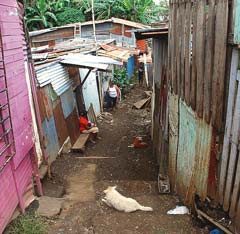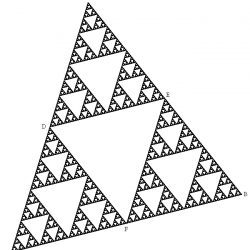 The curfew is a decision that a government adopts as an exceptional measure in situations where there is social unrest with some danger. The political representatives of a city or a country enact the curfew in various contexts: street disturbances, revolutionary situations or any social situation in which this type of measures is considered necessary to guarantee public order. When this exceptional measure is annulled, the curfew is lifted.
The curfew is a decision that a government adopts as an exceptional measure in situations where there is social unrest with some danger. The political representatives of a city or a country enact the curfew in various contexts: street disturbances, revolutionary situations or any social situation in which this type of measures is considered necessary to guarantee public order. When this exceptional measure is annulled, the curfew is lifted.
What sets and how does a curfew affect
During the period in force of the curfew, the free movement of citizens is prohibited and, consequently, implies a restriction of individual freedom. To control the situation of possible chaos, the streets are occupied by police or the army, who become the forces of order. Obviously, its enactment is not without controversy: its supporters consider it useful to guarantee security and its detractors understand that it is a violation of a fundamental right and defend that it is something unnecessary and unfair.
Its extraordinary nature makes the imposition of the curfew look like other situations with a certain similarity (in the state of alarm it is intended to guarantee national security to prevent epidemics or a possible shortage of food and in the state of siege there is a related motivation with a possible invasion of a foreign army).
Curfew against crime
In some cities youth crime rates are very high. To correct this trend, a partial curfew can be decided, that is, limited to those under 18 years of age during a few hours of the day, usually during the night. In this case, the detractors consider that there is social discrimination towards a certain group and they are radically opposed to this resolution. Those who approve the measure consider it to be "a lesser evil", that is, something undesirable but necessary to prevent crime.
Two historical cases that didn't help at all
In 2014, the new government of Thailand maintained a curfew for several months. This measure was adopted when a military junta assumed political power in order to prevent possible protests. The consequences were negative for the tourism sector and for this reason it was decided to lift the order.
In the city of Los Angeles there are social conflicts that appear on a recurring basis and to combat them it has been considered appropriate to impose this extraordinary measure (this was the case in a singular way in 1992, with a balance of more than 50 deaths and some 2000 injuries).









